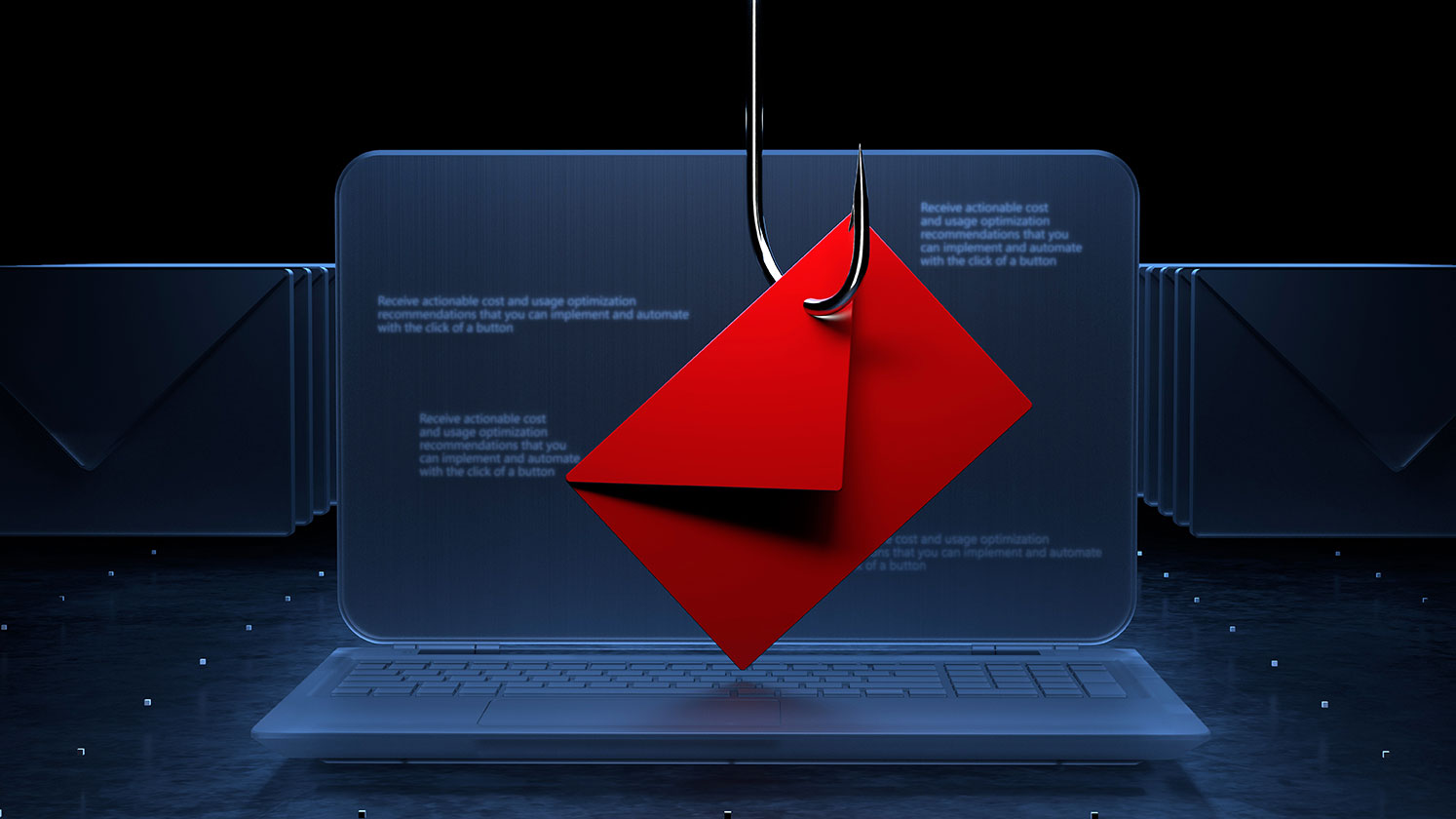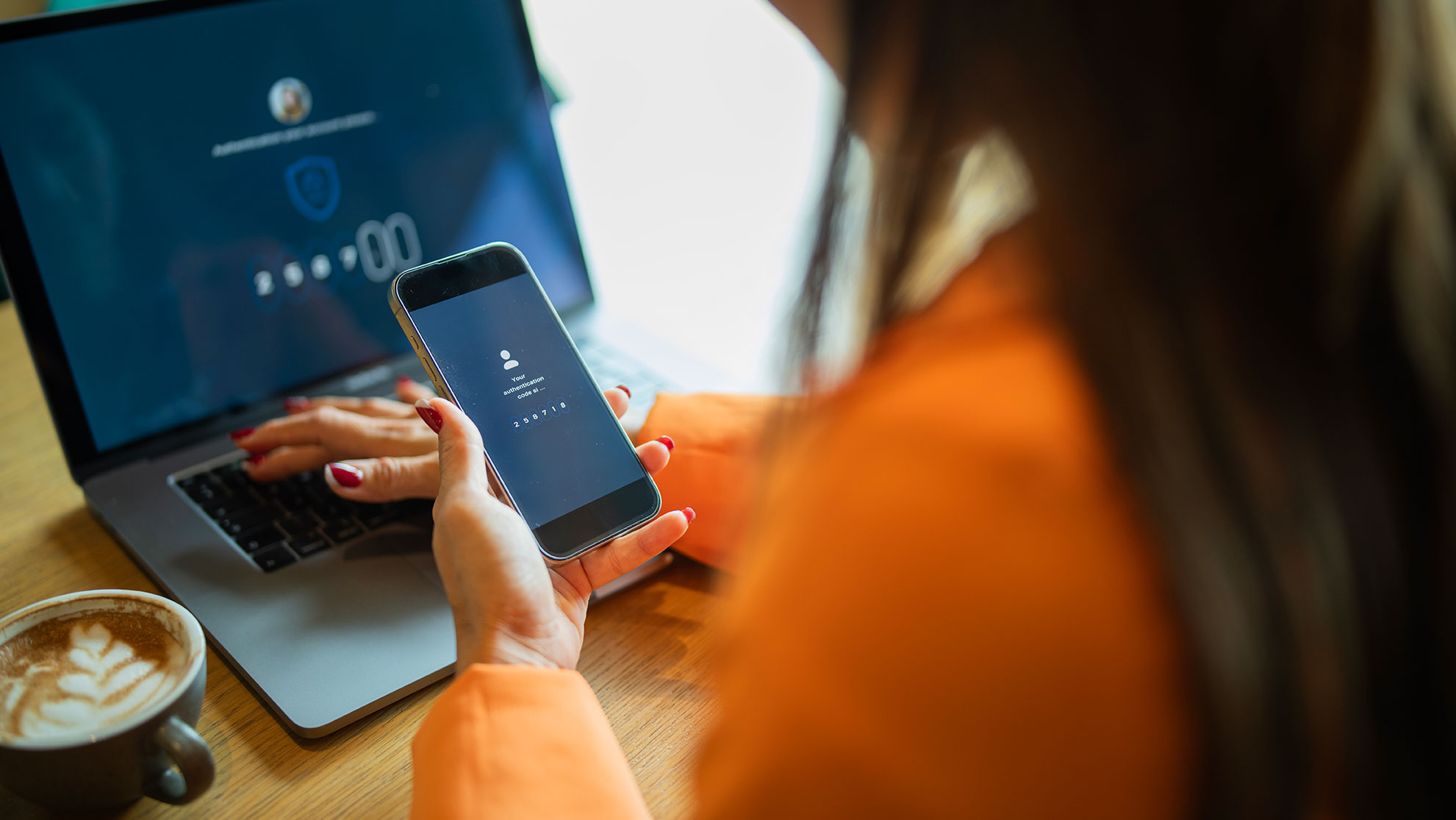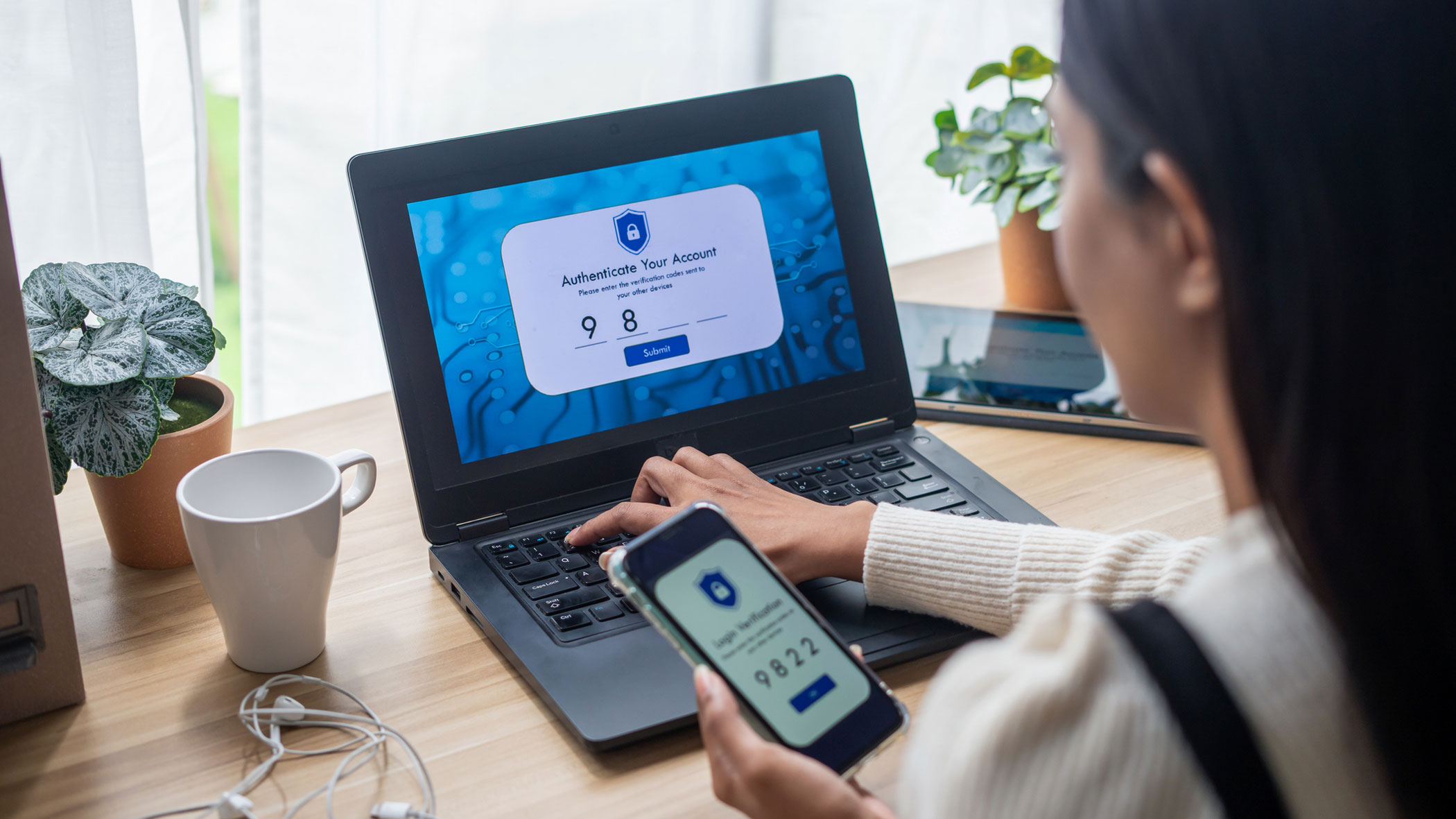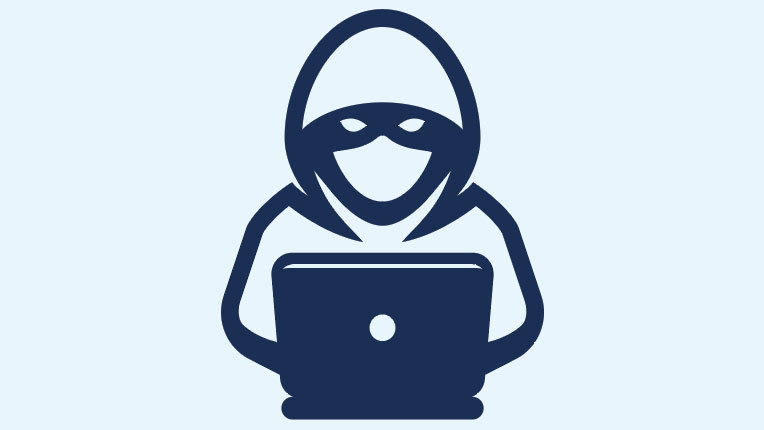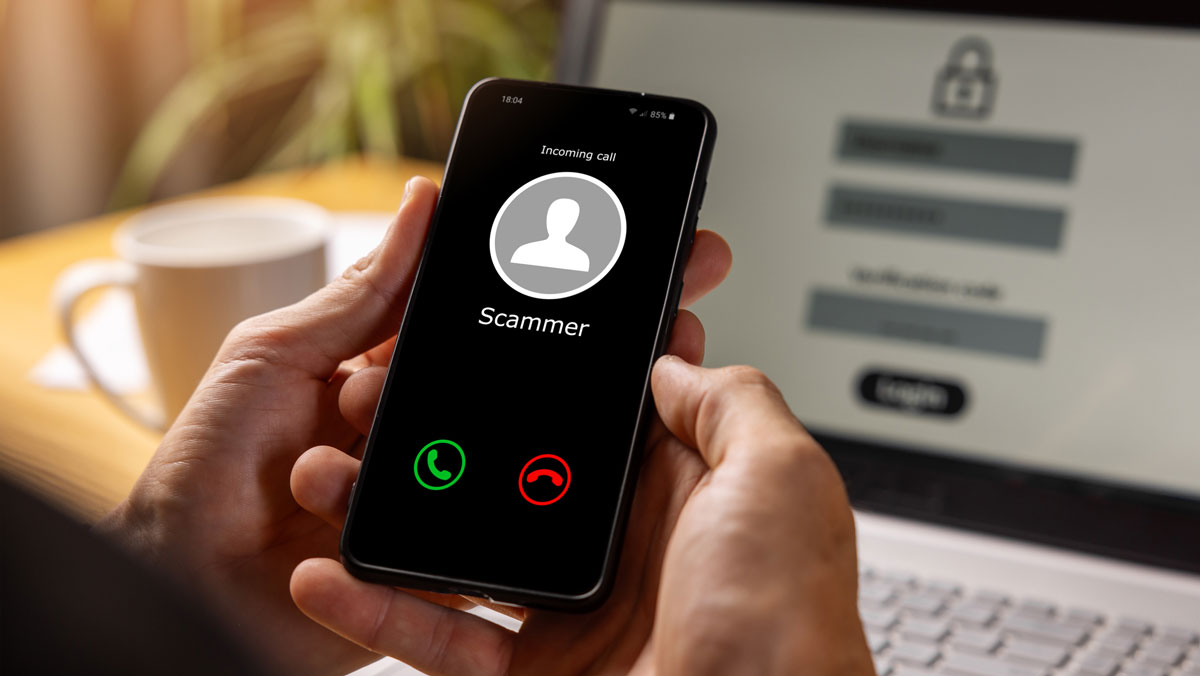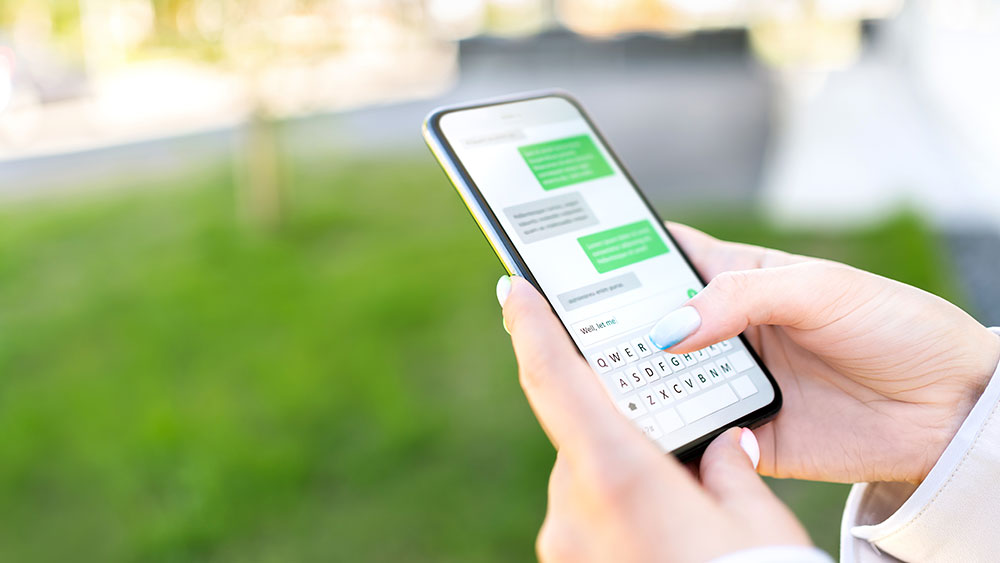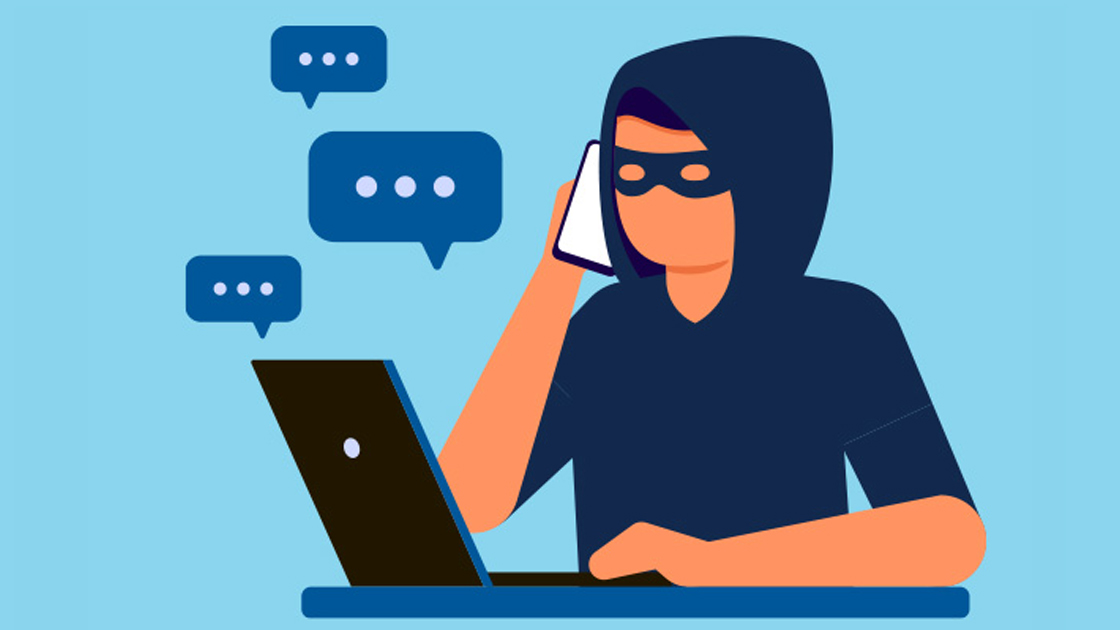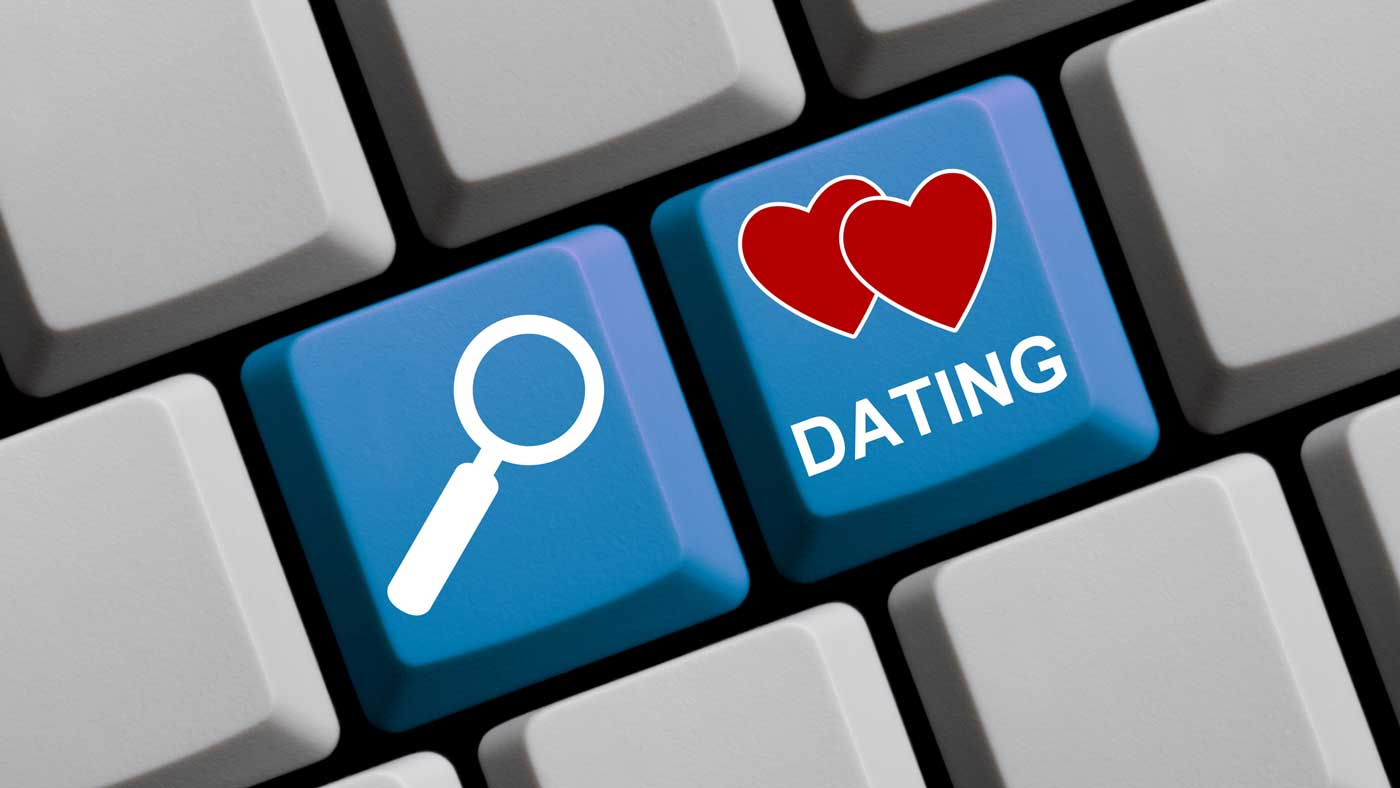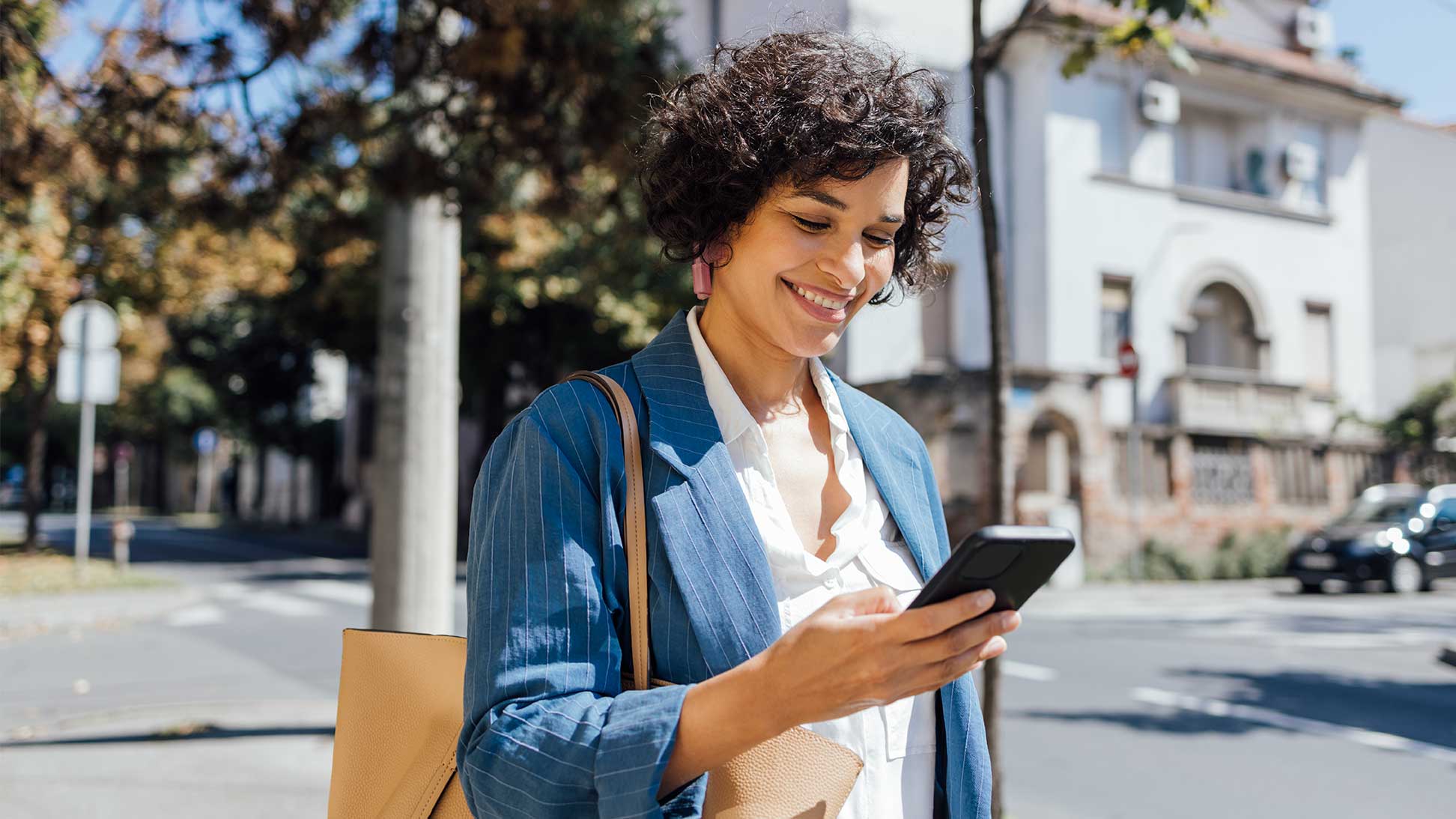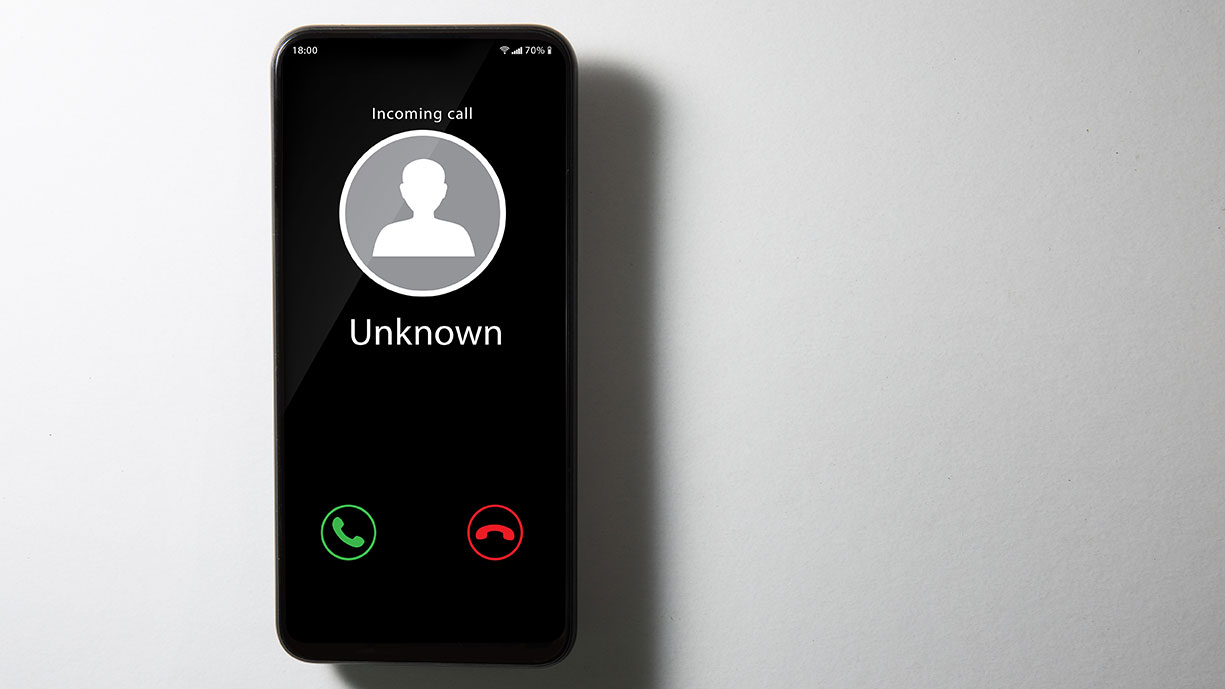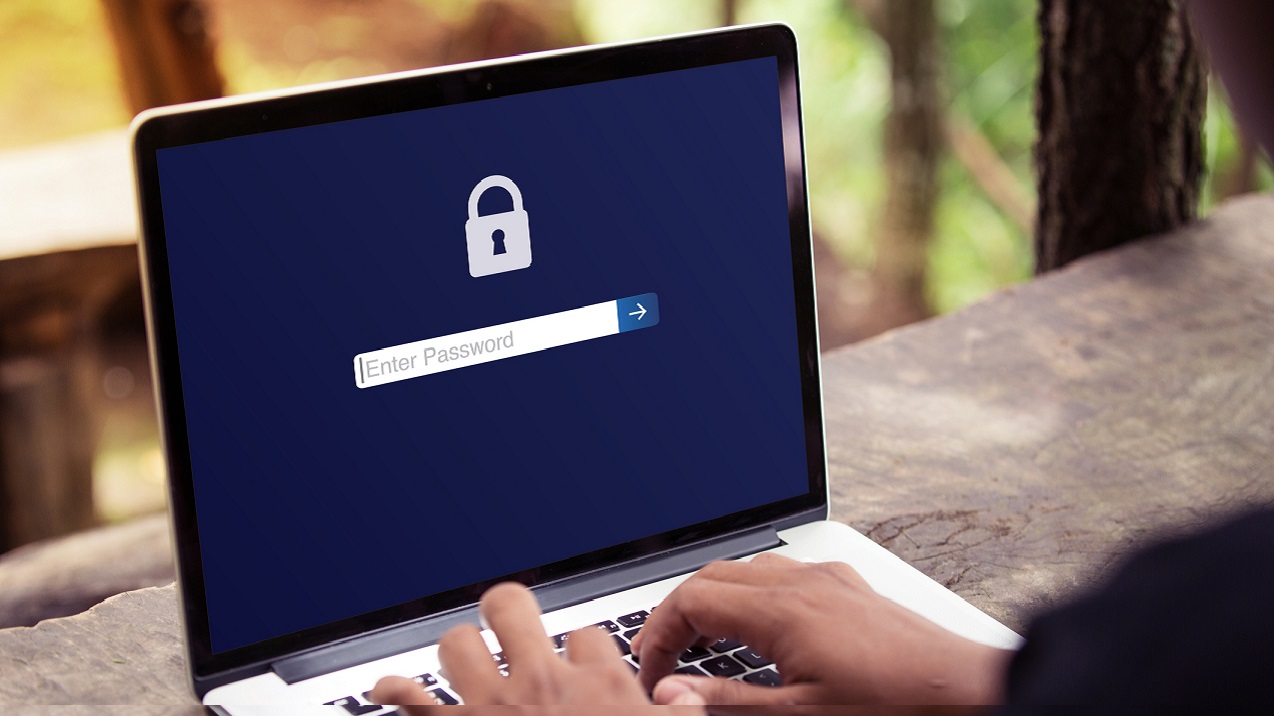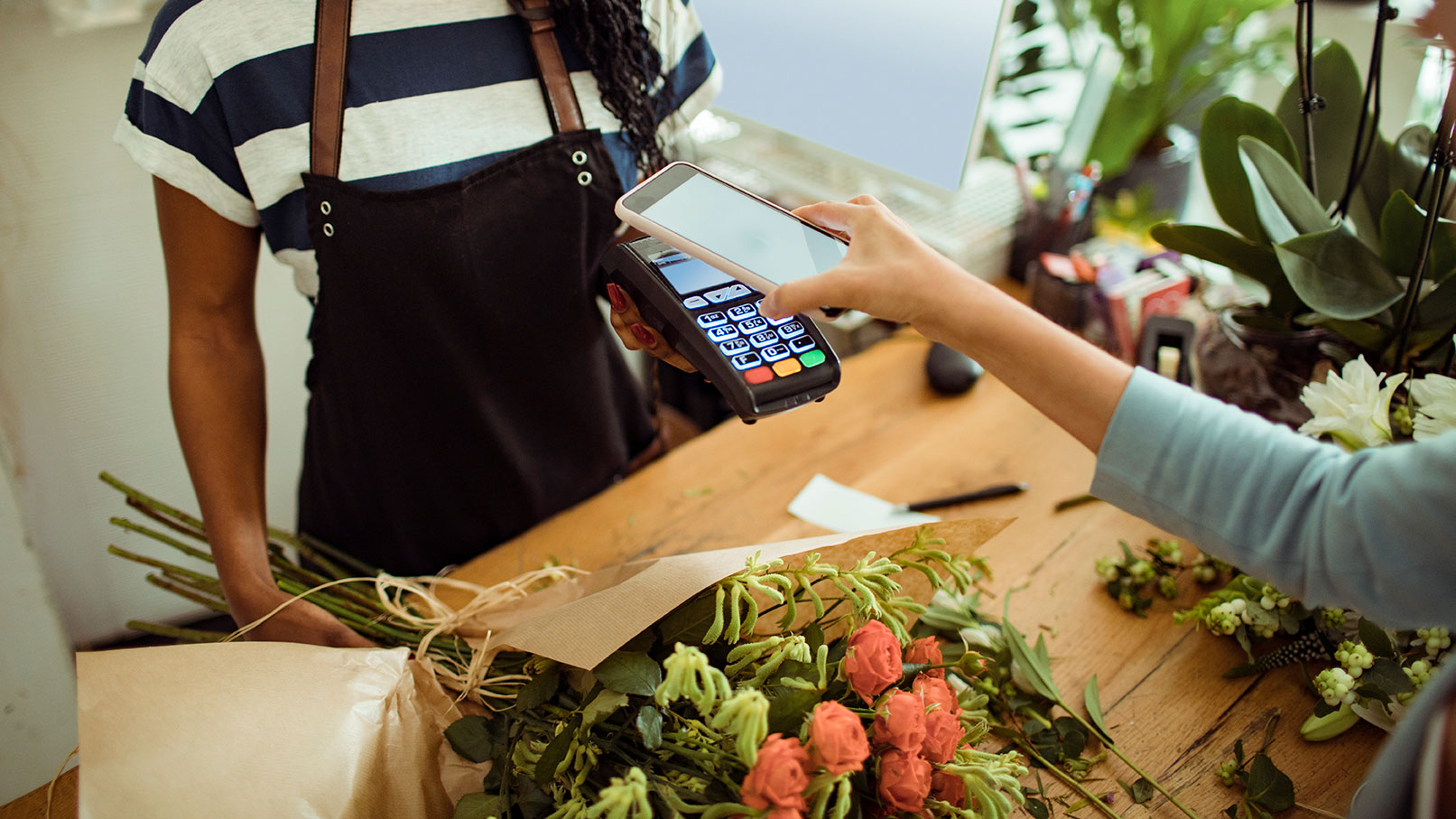
Follow these tips to protect your finances and identity while enjoying your vacation.
Before you leave
Let your financial institution know you’re traveling
It is important to let Michigan Schools and Government Credit Union (or any other financial institution you use) know you are traveling. To protect your account, MSGCU monitors and flags unusual transactions to verify you authorized the transaction. Transactions outside of your local area, like another state or country, can fit the bill for unusual, so letting your financial institution know that your credit or debit cards may be used while traveling will allow you to continue using your card without any difficulties.
It's easy to let us know you’re traveling by:
- Set up a travel alert in the MSGCU Mobile App. Select Card Controls from the menu, then add the alert in the Travels tab.
- Stopping by any branch
- Call us at (866) 674-2848
When notifying through secure message in Online or Mobile Banking, please inform us a week in advance of your trip to ensure your request is completed on time.
ONLY pack what you need
When traveling, it’s best to pack only the cash and cards you need. Understand the pros and cons of each option:
Cash
- + Can conveniently be picked up at any MSGCU branch office
- + Available at one of our 30,000 free ATMs
- + Prevents identity theft since your name and account are not linked to cash
- - If lost or stolen, it’s gone
Prepaid Visa Gift Cards
- + Can conveniently be picked up at any MSGCU branch office
- + Prevents identity theft since your name and account are not linked to the card
- - If lost or stolen, it’s gone
Credit Cards
- + Convenient to use
- + Can use with mobile wallet (pay by phone)
- + If lost or stolen, the card can be turned off in the MSGCU mobile app
- + Funds are not directly linked to your checking account
- + Visa is widely accepted
- - Your name is on the card if lost or stolen
Debit Cards
- + Convenient to use
- + Can use with mobile wallet (pay by phone)
- + Visa is widely accepted
- + If lost or stolen, the card can be turned off in the MSGCU mobile app
- - Your name is on the card if lost or stolen
- - Funds are linked directly to your checking account, which can add the risk of additional hassle if your card is lost or stolen
Tip: When packing clothes, avoid looking like a tourist. Wearing items that disclose where you’re from such as school apparel or local teams can be giveaways that you’re not from the area and could be carrying more cash.
Consider RFID card sleeves or wallets
Radio-frequency identification, or RFID, sleeves and accessories are lined with material that blocks criminals from scanning your ID or passport. Use a RFID wallet or sleeves to help protect your data from being read by wireless scanners then digitally copied and stolen.
Your MSGCU debit and credit cards are protected from RFID scanners thanks to the security built into the card’s chip.
While away
Only use secure ATMs and card readers
It is important to check to see if the card reader on an ATM machine can be shifted, wiggled, or pulled off. Some newer readers may display a green lock light, this means the reader is encrypted and your data is protected.
Remember: as an MSGCU member, you have access to more than 30,000 free ATMs, and our ATM locator can use your current location to find a convenient option.
Use your smartphone’s mobile wallet
When available, it is recommended you take advantage of pay by phone opportunities. If you can use tap to pay at a retailer, take advantage of paying with your smartphone. This will lessen your card’s exposure to potential ATM or card skimmers and decrease your chances of losing or having a card stolen. Card skimmers are devices installed on card readers by criminals that can steal your credit/debit card number. Transactions that are processed using your smartphone’s mobile wallet are heavily encrypted, meaning the risk of compromise is very low. RFID scanners also can’t scan the contents of your mobile wallet, which adds another layer of protection.
Check out these videos that show you how to add your MSGCU credit or debit cards to your smartphone’s mobile wallet.
Avoid posting trip details
Wait until after your trip to share your trip highlights. Sharing real-time (or before you leave) on social media let’s others know you aren’t home. Make sure to keep the specifics of when you’re leaving, where you’re going, or any other details that make it clear your home will be unattended with only a few trusted people.
Avoid conducting sensitive transactions using public Wi-Fi
Avoid conducting sensitive transactions, such as banking or inputting credit card information on your phones and devices while connected to free Wi-Fi networks, such as what is offered in airports or hotels, as you never know who could have access to your information. Be sure to turn off automatic Wi-Fi connection and use your cellular service provider for more sensitive business instead.
Keep important information in a secure place
Your passport, ID, money, cards, and any other valuables should be kept in a safe place when you’re not using them. Most hotels have safes available in your room during your stay. It is important to note that not all hotels will take responsibility for any items that could be stolen, so check with your hotel to learn about their policies. While exploring your travel destination, keep your valuables close on your person.
Limiting the number of valuables you pack or carry also limits the potential of them being lost or stolen.
Tip: Make a photocopy of your passport and keep it in a separate, safe place. While you can’t travel with a copy, you’ll have the important information to order another if your passport is lost or stolen.
When you return
Check your accounts and statements
Even if you took every step to ensure your cards were safely used during your trip, log in to Online or Mobile Banking or check your account statements to look for any unusual transactions, such as ones you did not approve or at places you didn’t go. Since your trip is still fresh on your mind, you’ll have an easier time remembering what was spent than if you check weeks or months later.
Now that you know what to do before, during, and after your trip, kick back and relax knowing your identity and finances are safe.
Category: Security
« Return to "Blog"

